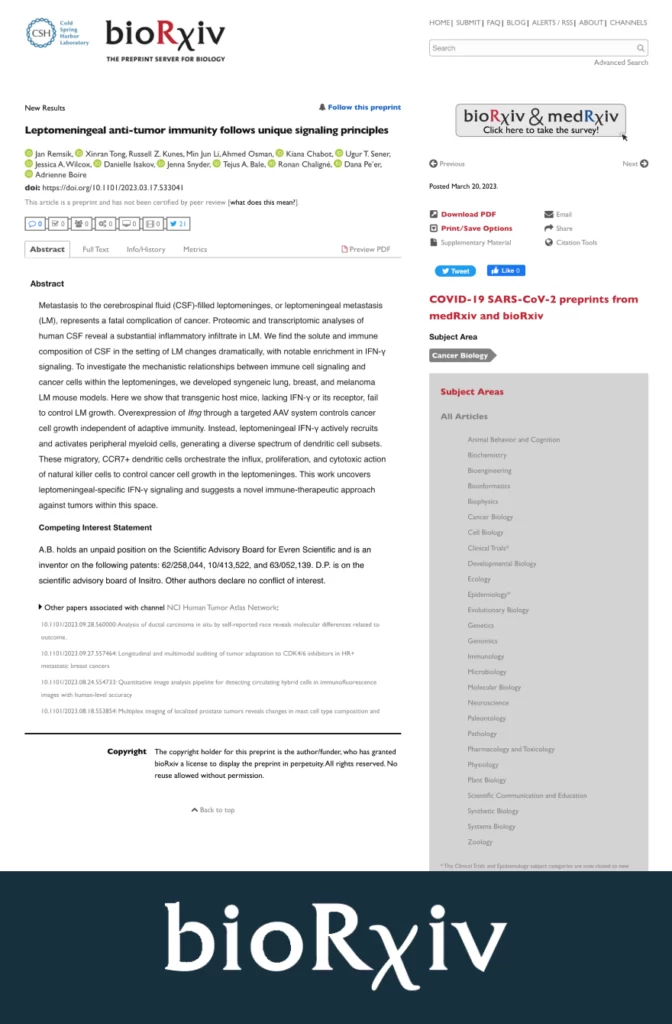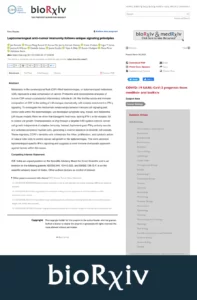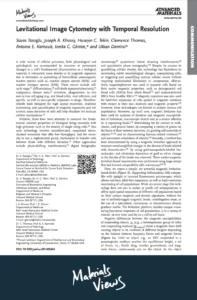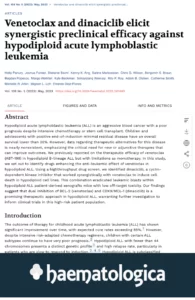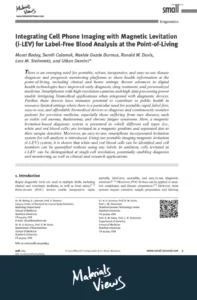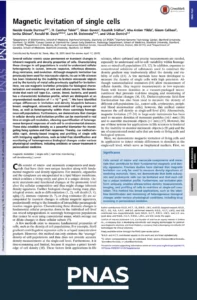Publication summary
Leptomeningeal metastasis (LM) involves an intricate interaction between metastatic cancer and immune cells within the cerebrospinal fluid (CSF)-filled leptomeninges. Through single-cell transcriptional and proteomic profiling of clinical samples, Jan Remsik, PhD, and colleagues identified IFN-γ as a crucial mediator in the anti-cancer response within the leptomeningeal space. Interestingly, the growth suppressive action of leptomeningeal IFN-γ does not engage macrophages but instead targets dendritic cells. These dendritic cells instigate anti-cancer activities in an antigen-independent way, generating signals vital for the cytotoxic action of natural killer cells. The work underscores a shift in understanding LM-specific cancer cell-immune cell dynamics, indicating that the innate immune system, rather than the adaptive immune system, predominantly controls leptomeningeal metastatic cancer cell growth. These findings suggest a promising avenue for therapies engaging dendritic and natural killer cells as potential strategies to address this challenging cancer type.
Levitation Technology effectively preserves fragile cell subtypes
CSF samples from human subjects and mouse models with LM disease encompass many cell types. Identifying and studying these cell types is imperative for discovering new biomarkers and potential treatments. However, CSF sample processing is plagued by numerous challenges, including low cell counts, rapid cell death post-extraction, and the presence of sample debris. Standard sample viability improvement methods do not address all of these challenges. In addition, standard methods inadvertently alter cell states, which could lead to inaccurate biological conclusions. By using the LeviCell® 1.0 system to remove dead cells and debris from scarce cells from CSF samples, Remsik et al. could increase the quality of these fragile samples for scRNA-seq and CITE-seq analyses without jeopardizing cell type representation and their native states. This resulted in high-quality data from all cell types within the enriched sample, including sensitive dendritic cells and neutrophils. The accurate representation of the cell types and their expression levels was proven critical to the study, given the involvement of delicate dendritic cells in the novel elucidated mechanism to control metastasis, providing new opportunities for biomarker identification in the future.

